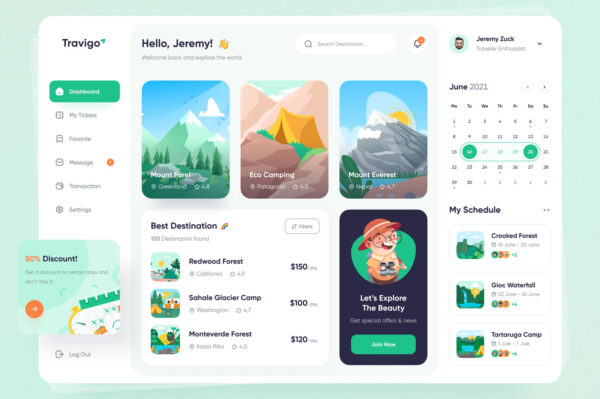A freelancer is an individual who earns money on a per-job or per-task basis, usually for short-term work as an Independent contractor. A freelancer is not an employee of a firm and may therefore be at liberty to complete different jobs concurrently by various individuals or firms unless contractually committed to working exclusively until a particular project is completed.
1- More freedom
One of the advantages of being a freelancer is that you have much more freedom than when you work for someone else. You’re essentially running your own business, and it’s up to you which new clients you take on, what your hourly rate is, and what hours you work.
For example, if a potential client comes to you with a job that seems complex and doesn’t pay well, you can turn them down. You are under no obligation to take on any projects you don’t want.
2-Flexible hours
The ability to set your own hours can be particularly attractive. If you have kids, you might choose to do your work while they’re in school and after they’ve gone to bed. If you want to take off Wednesday because the weather is nice and work on a Saturday instead, it’s entirely up to you. In general, as long as the work for your clients is completed by the agreed-on deadlines, you have complete control over when and how you do it.
3-Self-management
Again, as a freelancer, you’re your own boss. You choose your workload, your schedule, your dress code, and every other aspect of how you run things.
That said, freelancing isn’t a vacation. It’s up to you to make sure you keep your clients happy, keep track of budgeting, seek new clients, and negotiate rates. You may find that keeping on top of everything means you work double some weeks and very little others. However, it’s all under your ultimate authority.
4-Location flexibility
Because you aren’t beholden to a single company or boss, you may be able to choose to live anywhere as a freelancer and even travel while working. While some freelance jobs may require you to be near your clients, it’s possible to find clients wherever you go.
A lot of freelance work is done digitally, which means you can be fully remote—with clients worldwide—and live and travel wherever you please while completing it.
5-Compensation and earnings control
As a freelancer, there’s no need to ask your boss for a raise. You set your rates. You also choose how much work you take on. To a certain degree, though, rates and amount of work are subject to market forces. You can’t ask for astronomical compensation without reducing your list of prospective clients.
However, many freelancers find that they can raise their rates over time as they do more work and gain a strong reputation.
6-Improved skill set
Freelancing means you take on various projects from multiple clients. Each project brings something new to the table and provides an opportunity to expand your skill set. You’ll likely find yourself learning new things as you go.
You may feel more stagnant in a traditional full-time job that may not always involve continual learning and development. Freelancing provides many more opportunities for growth as you tackle a wider variety of project types.
You may also wish to enhance your skill set on your own. As a freelancer, you can choose how and when you do this instead of waiting for annual corporate training. Many online courses and opportunities are out there, and you have the freedom to make time for these as you see fit.






